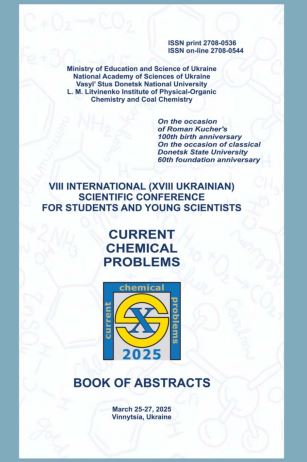Teaching the topic of carbon subgroup elements through collaboration and module-based learning technology
Abstract
This article explores the importance of teaching the topic "Carbon Subgroup Elements" through collaborative and module-based learning technologies. The impact of collaborative learning approaches and module-based technology on students' knowledge and skills development has been analyzed. The article presents the methods of applying these approaches and the results of research on their effectiveness. The effective teaching of chemistry requires the use of innovative methods. Among modern pedagogical technologies, collaborative learning and module-based learning technology hold particular significance. Carbon subgroup elements are fundamental topics in chemistry that must be studied from both theoretical and practical perspectives. A deep understanding of this topic helps students systematize their chemical knowledge and enhance their applied skills. Collaborative learning fosters knowledge and experience exchange among students, while module-based learning technology allows lessons to be structured and goal-oriented. The combination of these approaches increases the efficiency of chemistry lessons by improving students' research and analytical thinking skills. This article examines the advantages of integrating these methods into the teaching process and the scientific-methodological foundations of their application [1].
References
Batyshev S. Ya. Block-modular training. Moscow, 2021, 255 p.
Belov I. P. Organization of their educational activities by senior schoolchildren: Abstract of Cand. Ped. Sci. (13.00.01). St. Petersburg, 2021, 17 p.

